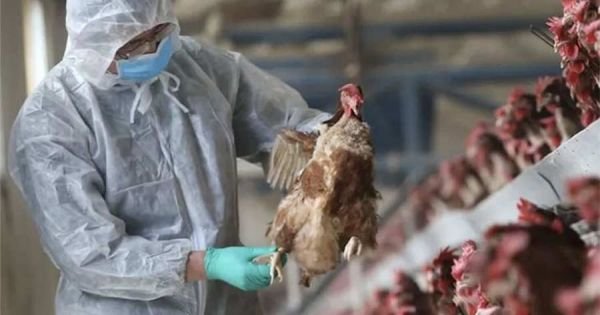Argentina halts poultry exports after case of avian flu confirmed
[ad_1]
Argentina halts poultry exports after case of avian flu confirmed
Bahillo insisted the disease is not transmitted through the consumption of poultry meat or eggs so exporters would be able to sell their products locally
Argentine authorities Tuesday suspended poultry exports after the first case of avian flu was confirmed in the province of Río Negro. The South American country’s poultry exports last year amounted to US$ 383 million, with China buying 75% of them. With 2.5 million tons of poultry meat produced annually, 10% are sold abroad.
”The National Agrifood Health and Quality Service (Senasa) confirmed the first positive case of highly pathogenic avian influenza (HPAI) H5 in poultry in the province of Río Negro, which means that the country temporarily loses its disease-free status and self-suspends the export of poultry products in compliance with international standards, the agency said in a statement.
Despite this measure, poultry production for the domestic market would continue since the malady is not transmitted by the consumption of chicken meat and eggs, Senasa noted. Plants usually exporting their poultry would be able to place their output locally, it was also explained.
According to Senasa, the positive case was detected in a broiler chicken establishment in the town of Mainque, in an area of low poultry density.
Senasa ordered the corresponding containment measures, established in the Avian Influenza Contingency Manual, in order to avoid the spread of the disease in other establishments producing poultry destined for the commercial circuit, the statement read.
Senasa authorities, professionals, and technicians are already working to achieve the prompt reinstatement of the country’s disease-free status and the resumption of poultry exports, the document went on.
Agriculture Secretary Juan José Bahillo said on social media that our poultry products are still safe for Argentines. The suspension of exports responds to the requirements of international regulations.”
Last Friday, Japan had temporarily suspended imports of poultry products from Argentina due to the avian flu detected in the country.
In addition to halting exports, Argentine authorities briefed the World Organization for Animal Health on the latest developments.
[ad_2]
Source link




